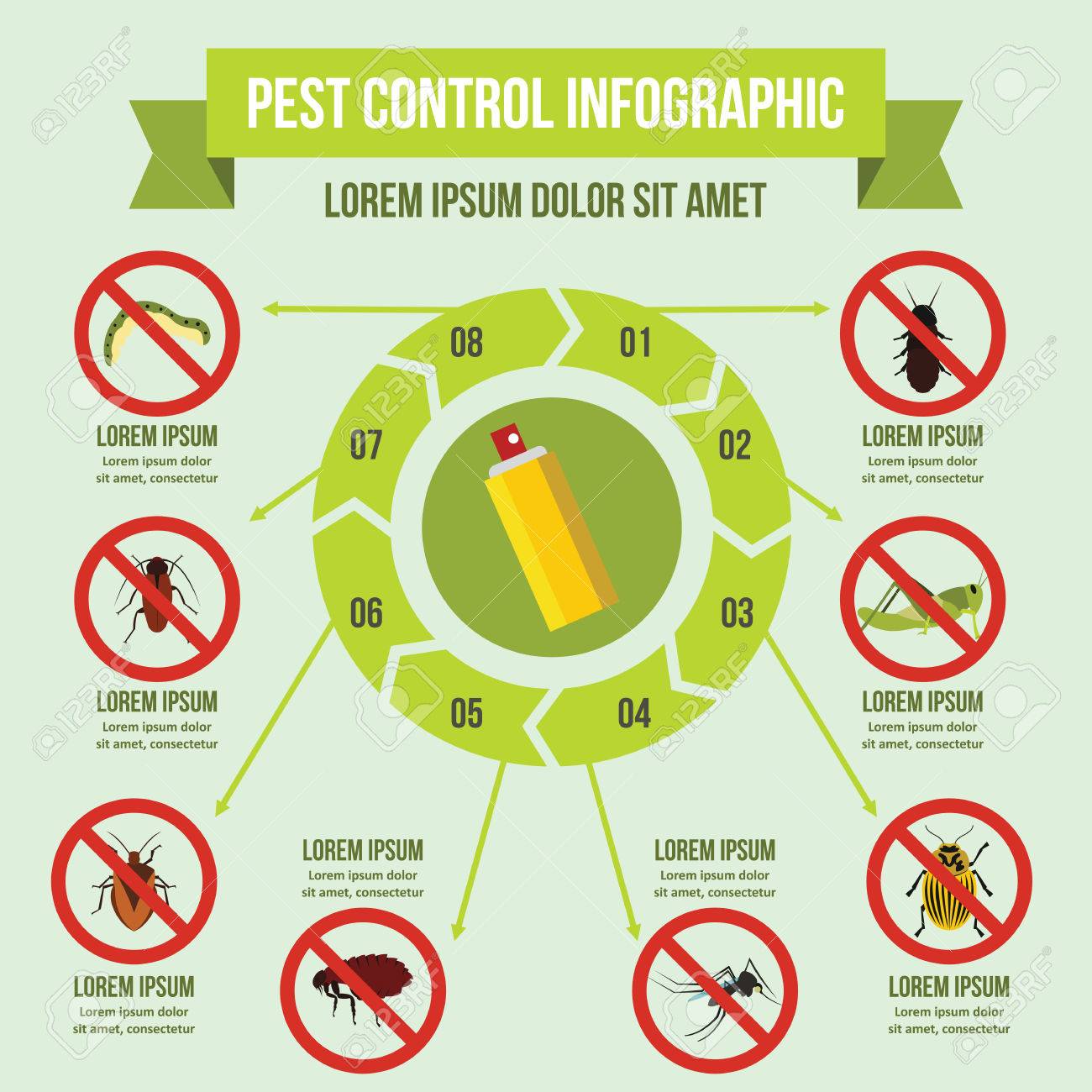Protecting Your Garden From Pests: Strategies For A Pest-Free Outdoor Space
Protecting Your Garden From Pests: Strategies For A Pest-Free Outdoor Space
Blog Article
Write- natural flea treatment for home Written By-Vang Pittman
Visualize your garden as a refuge, an area of harmony and charm. Nevertheless, the visibility of outside parasites can swiftly interrupt this ideal photo. Suppose there were easy yet reliable ways to maintain these undesirable visitors at bay and protect your garden sanctuary? By adhering to a few functional pointers and applying all-natural strategies, you can develop a harmonious exterior area where your plants can prosper undisturbed.
Natural Insect Deterrents
To keep bugs far from your garden normally, plant aromatic natural herbs like mint and lavender. These great smelling plants not only include beauty to your yard yet additionally act as efficient parasite deterrents. Insects like mosquitoes, flies, and also some garden-damaging bugs are repelled by the strong scents released by these herbs. Merely placing them tactically around your yard can help create an all-natural obstacle versus unwanted bugs.
In addition to mint and lavender, think about planting other herbs like rosemary, basil, and lemongrass to better enhance your yard's pest-proofing capacities. These herbs not just work as all-natural repellents but additionally have the added benefit of working in cooking or crafting home made treatments.
Strategic Plant Placement
Take into consideration the design of your garden and the kinds of plants you have to purposefully position them for maximum pest-proofing performance.
Beginning by grouping plants with similar resistance to pests together. By doing this, you can produce an all-natural barrier that deters parasites from spreading throughout your yard.
In addition, placing pest-repelling plants like marigolds, lavender, or mint near even more at risk plants can help safeguard them. ground termites , such as sunflowers or corn, can work as a shield for shorter plants against parasites like bunnies or ground-dwelling insects.
Remember to leave adequate room in between plants to boost air circulation and decrease the danger of conditions that pests might lug.
Moreover, take into consideration growing strong-smelling natural herbs like rosemary or basil near prone plants to confuse pests' detects and make it harder for them to situate their targets.
Reliable Insect Control Methods
For combating garden insects properly, applying a multi-faceted insect control method is crucial. Begin by urging all-natural predators like birds, ladybugs, and hoping mantises to aid keep insect populations in check. Introducing plants that draw in these advantageous bugs can assist in bug control. Additionally, practicing good yard hygiene by eliminating debris and weeds where pests might hide can make your yard less hospitable to unwanted visitors.
Consider using physical obstacles such as row cover textiles or netting to shield vulnerable plants from bugs like caterpillars and birds. Using organic pesticides like neem oil or insecticidal soap can additionally work versus particular insects while being much less harmful to valuable pests and the setting. It's important to revolve your crops each season to prevent the buildup of pest populaces that target certain plants.
Frequently evaluate your plants for signs of parasite damage so you can do something about it promptly. By incorporating best flea control for home and remaining attentive, you can successfully regulate garden parasites and appreciate a thriving, pest-free garden.
Conclusion
So, there you have it - with the right approaches, you can maintain pesky exterior parasites far from your garden and assist your plants grow.
Did you know that planting mint has been revealed to fend off mosquitoes and other insects, decreasing the requirement for harmful pesticides by approximately 60%?
By incorporating all-natural deterrents and smart growing techniques, you can develop an attractive and pest-resistant yard sanctuary for you to enjoy.
